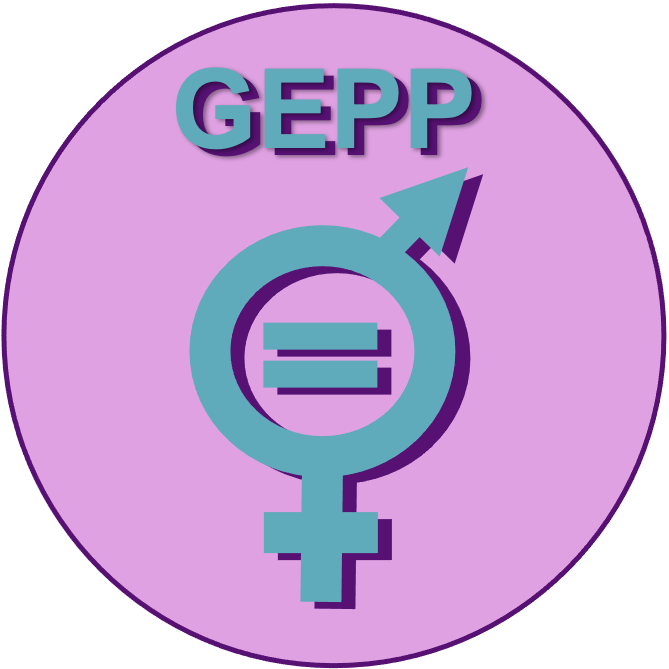The Origins of the GEPP Approach and Network
In the early 2010s, a research community of over 100 feminist policy scholars began to turn their attention from examining the content of government action that promoted women’s rights and gender equality in post industrial democracies to what happened when those policies were actually put into practice in the post adoption policy processes of policy development: implementation, evaluation and outcomes. Given hundreds of gender equality policies had been put on the books in western post industrial democracies since the early 1970s, it was time to examine whether governments followed through with them; whether those policies made a difference in promoting gender equality; and if so, what was the combination of ingredients or “recipe” for successful gender equality policies. This “turn towards implementation (Mazur 2017)” in the ever-growing community of gender policy researchers (Mazur and Engeli 2023) was formalized in the creation of GEPP in 2013 convened by Brit, Joni Lovenduski (Birkbeck College), Swiss, Isabelle Engeli (Exeter University), and American, Amy Mazur (Washington State University).
The GEPP Approach and Network in Action
At our first research planning meeting in Paris in 2014, we were ambitious and sought to organize a systematic, large-scale study of gender equality policy implementation across all democracies. Quite quickly, however, it became clear, that we needed to scale back the project due to funding and research capacity challenges. The project became a network with smaller individually organized research projects. Still, we sought to develop and formalize the GEPP approach and framework.
Since 2019, GEPP has been co convened by Isabelle and Amy and has included nearly 100 members – fondly referred to as GEPPERS – network members, who help to organize and carry out specific cross-national published studies of gender equality policy implementation on care, gender quotas in politics, corporate gender board equality. 18 GEPP members conducted a cross-sectoral study of gender equality policy implementation in France. The GEPP approach also inspired a thematic issue in the European Journal of Politics and Gender on Implementation and Ideas (Bustelo and Mazur 2023).
There are several GEPP related efforts that are in progress as well — on equal pay – with a research workshop this November in Paris, the launching of a new project on business feminism and adjacent project on feminist penality policy . Ongoing efforts seek to go “global” with GEPP
(Mazur 2022) by applying the GEPP approach beyond its arguably ethnocentric focus on western countries (Medie and Kang 2018) the Feminist Penality Policy in Action Project FPPAP for example includes country outside of Europe.
All works cited here can be found on the GEPP publications page.
